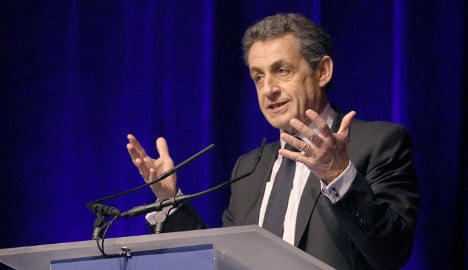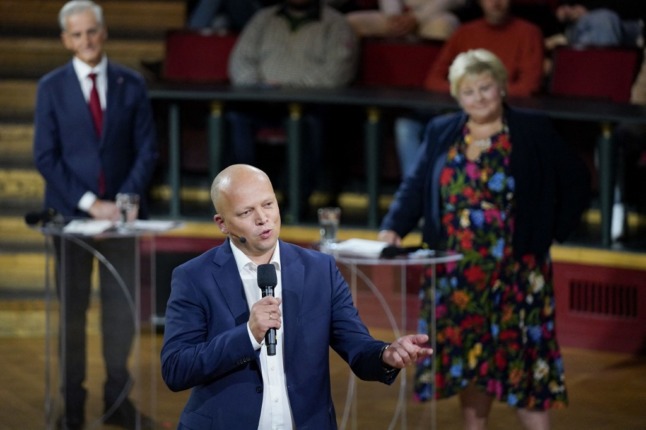The ruling Socialists suffered a major blow in France's run-off local polls on Sunday as the centre-right alliance of former president Nicolas Sarkozy won a sizeable victory.
Right-wing parties, spearheaded by Sarkozy's UMP, took between 64 and 70 councils out of a possible 98, according to projections, as voters punished the socialist government of President Francois Hollande for failing to revive the slumping economy.
Left-wing parties took a beating, taking only between 27 and 37 councils, the projections by the Ipsos and CSA polling firms indicated.
Sarkozy leader of France's centre right coalition UMP party hailed the victory for his party.
"Tonight the Republican right and the centre have clearly won these départmental elections. Never before in the fifth Republic has our political family achieved such a result.
"Through this vote the French public have massively rejected the policies of François Hollande and his government.
France's far-right National Front (FN) won a sizeable number of council seats in Sunday's run-off elections but Marine Le Pen's party is not predicted to have won any local councils, according to projections based on early counting.
The party is often blocked from victory in second-round run-offs by tactical voting from mainstream voters, who gang up to keep the FN out of power.
Although Le Pen's party didn't quite do as well as many polls had predicted, the results still represented an historic success for the National Front.
Le Pen herself hailed a "magnificent success" for the FN, adding that her party was "becoming a powerful political force in numerous regions." She blasted the Socialists for the "bitter campagne" that they led.
The vote was seen as a key test of the French political landscape only two years ahead of presidential elections.
Prime Minister Manuel Valls acknowledged that the leftist Socialists had suffered a "setback" in the elections and stressed that the FN's score was "far too high."
Valls vowed to "redouble" the government's efforts to pep up the French economy, the second biggest in the eurozone.
In a symbolic blow to the Socialists the département of Corrèze, President François Hollande's heartland was won by the right.
Hollande has seen his popularity ratings plummet back to record lows after a slight bump after the January jihadist attacks in Paris, when he was credited with bringing the country together.
There are now fears he might crash and burn at the presidential poll.
"Everyone in the (Elysee) is scared he will be eliminated in the first round in 2017," a presidential advisor told AFP, adding that Hollande had no choice but to continue unpopular austerity reforms that have alienated the public and many in his own party.
Gilles Finchelstein, a political strategist close to the Socialists, painted an even darker picture in an article for L'Express magazine, saying "the left is in danger of dying, (and) risks becoming nothing more than a residual political force".
Around half the electorate took part in Sunday's vote for "departmental" governments that manage school and welfare budgets.



 Please whitelist us to continue reading.
Please whitelist us to continue reading.
Member comments